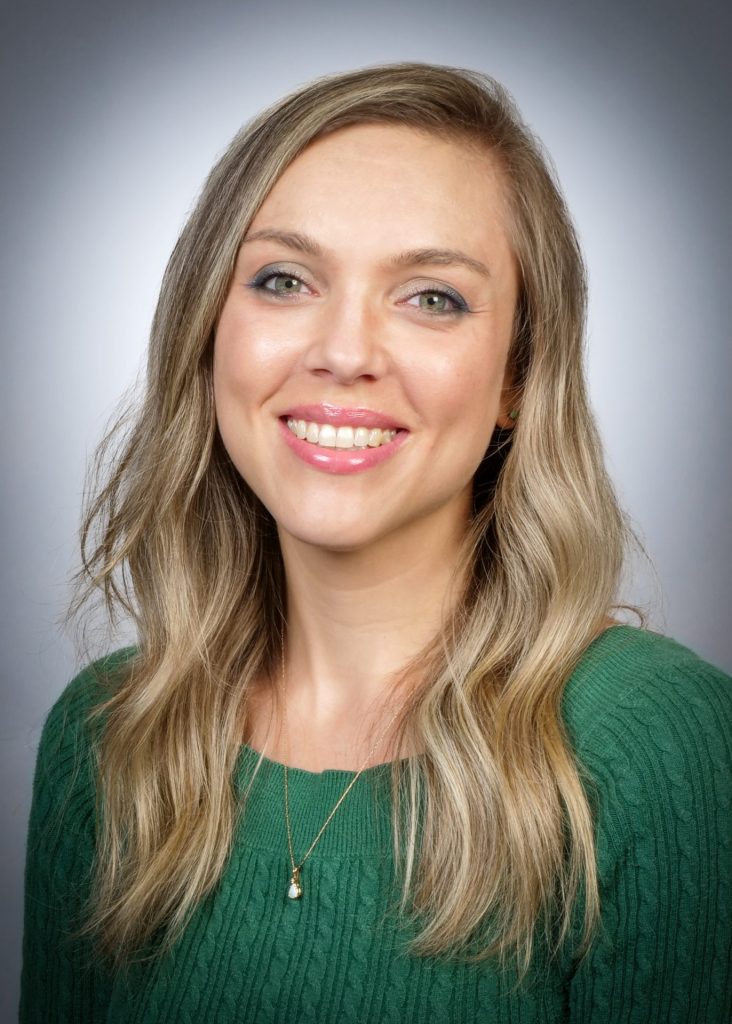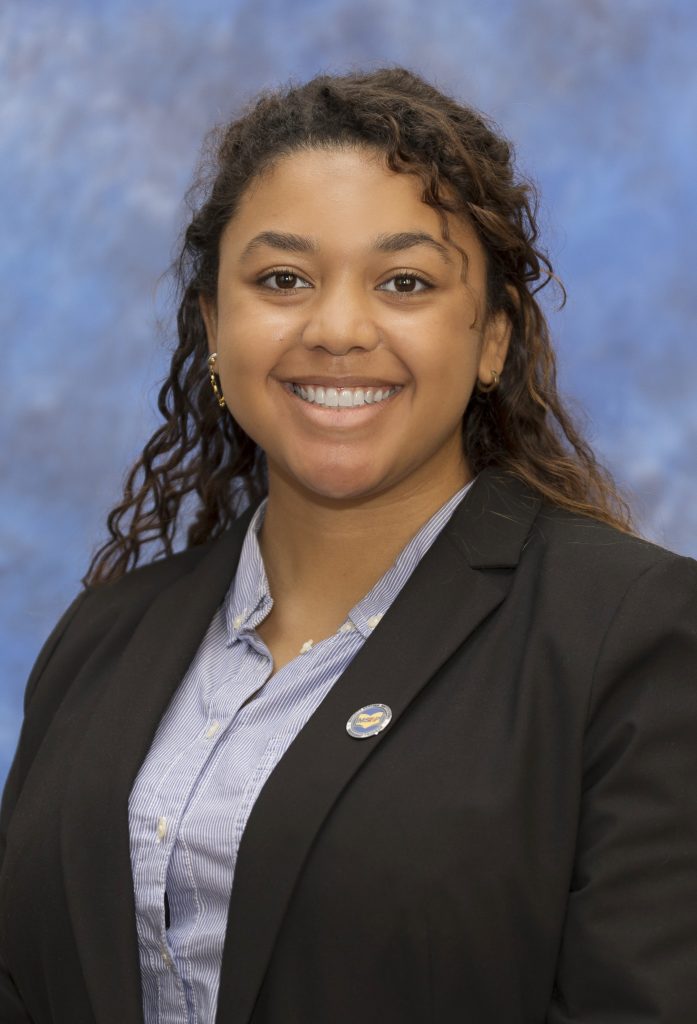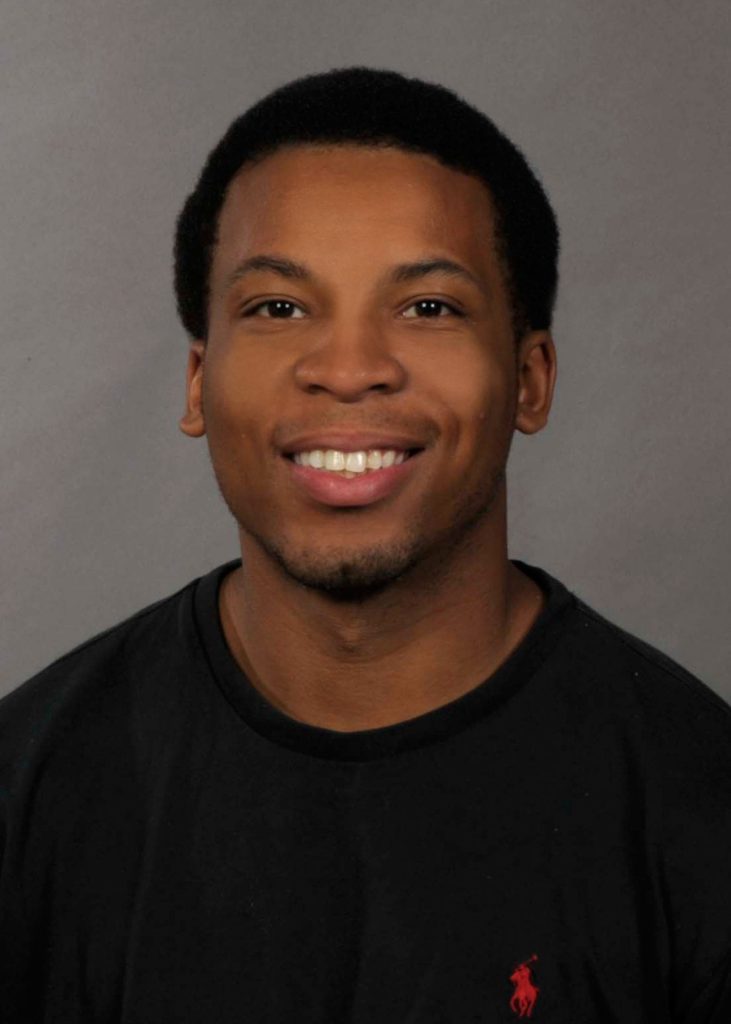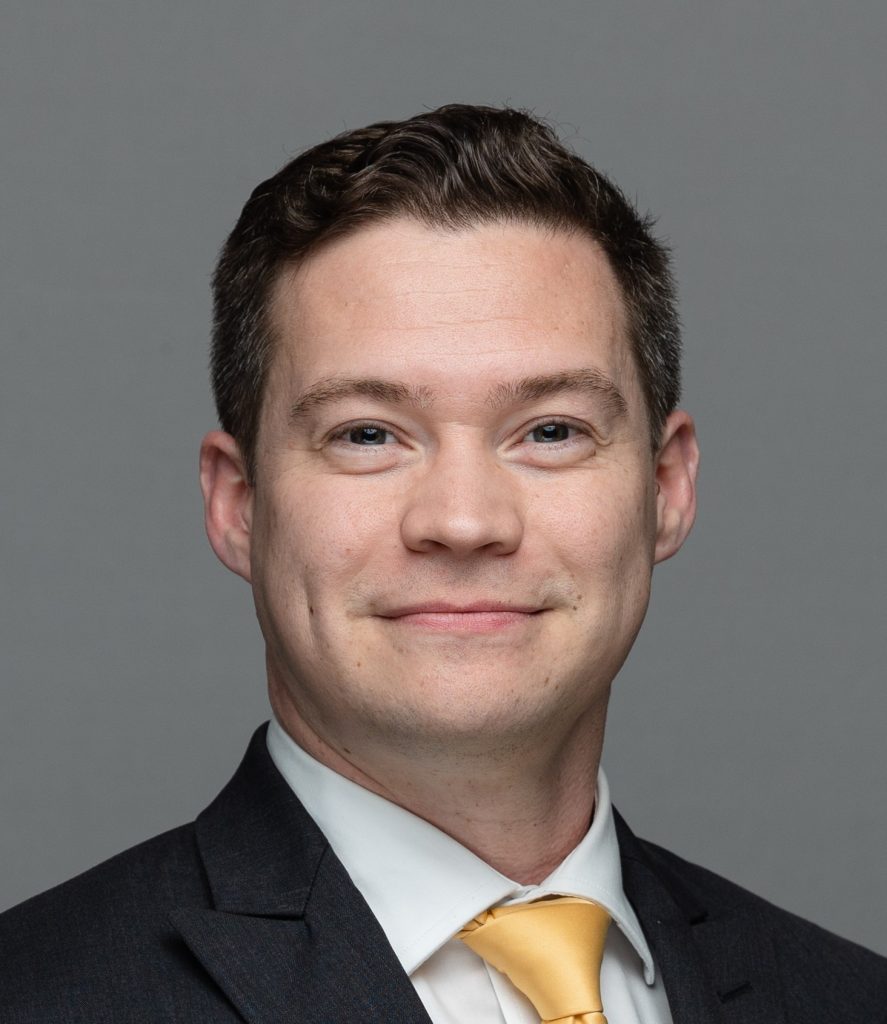Wage Disparity Awareness Highlighted by UCF American Physical Society Chapter
The American Physical Society (APS) chapter at UCF champions the development of Physics graduate students and early career scientists. The group’s recent work raised awareness for the wage disparity in graduate school.
Vice-Chair Stephanie Lough shared more about their inspiring work.




Please share more about your work in raising awareness for the wage disparity in graduate school.
In the post-COVID world it was hard not to notice the rent prices increasing, particularly in Central Florida. The last straw, so to speak, was learning that our own graduate friends and colleagues were living three and four people to two-bedroom apartments to survive. In addition, we noticed that students were having to move each year (rather than renewing leases) and moving farther and farther from campus just to avoid rent increases.
This prompted us to create an anonymous survey in Spring 2022 to gauge how the physics graduate students felt about their wages and the affordability of living in Central Florida. As we suspected, the results showed that students were struggling with basic housing and nutritional needs. Eric Switzer, the APS Chapter Chair, wrote a report on the survey results and shared them with the Physics department. Additionally, we scheduled a meeting with the Chair of the Physics Department, and he was very receptive and informative on how the department might be able to assist in making changes. In Fall 2022, an e-mail was sent out that graduate stipends would increase beginning in Spring 2023.
Can you share more about your feature on the APS homepage for your work on wage disparity awareness?
APS began a student led organization pilot program in 2020, and UCF was one of the first universities to take part in the opportunity. APS was generous in giving the Chapters time to brainstorm and choose which issues were most important to them.
In January 2023, we were invited to the annual APS Leadership Meeting where we met with other APS Chapters members as well as other APS leaders from all over the world. We were able to share our experiences and discuss new ideas for future work. APS has been wonderful in supporting students and creating environments that help foster ideas and set students up for success. It was APS that approached us about featuring the APS Chapters on their website and we were happy to work with Farah, the Senior Program Manager, to see it to completion. We are very excited to see UCF featured on the APS website!
How does your work with DEI tie into your work on wage disparity?
Part of our work with APS is advocacy. Each year, APS chooses a small number of policy priority issues to focus its advocacy efforts. Past (and current) issues have included the Keep STEM Talent Act which focuses on international students, LGBTQI+ data inclusion and sexual harassment in STEM.
Our work with APS Chapters has provided us the opportunity to attend the annual APS Leadership Meeting, which allows us to visit Congress to advocate issues that are important to students and the Central Florida community.
Furthermore, our graduate student survey showed that APS Bridge students at UCF were twice as likely to suffer from financial hardship. The APS Bridge Program is designed to increase the number of PhDs awarded to underrepresented minorities by providing a transition program at select US universities, and UCF has been a Bridge site for many years. In fact, we have Bridge students serving in the APS Chapters Program at UCF!
Please share more about your attendance at the Annual Leadership Summit in Jan. 2023 and if anything came of the advocacy that you did.
Please note that we do advocacy work rather than lobbying work. We do not get paid to speak with our representatives and we do not represent UCF in our advocacy efforts. These are issues that are important to us and we are happy to speak on behalf of APS to bring about necessary change.
Our work with APS Chapters has provided us with invitations to the annual APS Leadership Meeting. This annual meeting provides an opportunity for students and other APS leaders to visit Congress and talk to their representatives about APS’s policy priority issues. You can find past priority issues on the APS website.
Persistent advocacy is important for bringing change in the STEM community, and we are happy to lend our voice on a regular basis to support this change. We feel we have seen interest from our state representatives, and we are confident that we will be able to advocate for a more inclusive environment in STEM for all walks of life.
Is there anything else that you want to add?
We would encourage students to participate in their respective societies and really dig deep into the programs that they might offer. While we have found a home in advocacy work through APS and we feel that APS is very supportive of students and the STEM community, it is highly likely that other societies do the same and welcome students. And you never know what opportunities lie ahead!
